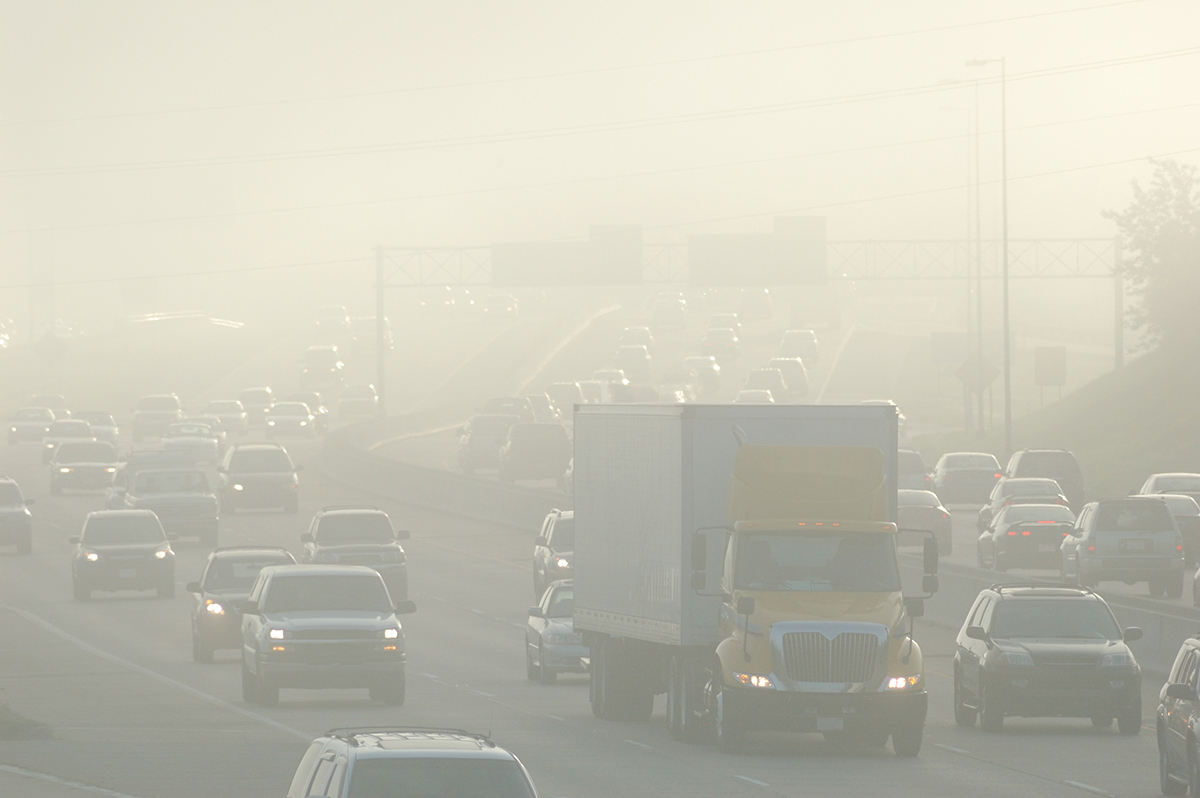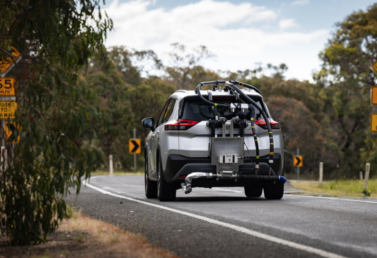The Australian Automobile Association (AAA) has expressed scepticism about a new, voluntary carbon dioxide (CO2) emission standard announced by Australia’s automotive industry, which appears to contain no compliance mechanisms.

The Australian Automobile Association (AAA) has expressed scepticism about a new, voluntary carbon dioxide (CO2) emission standard announced by Australia’s automotive industry.
A new system – the Federal Chamber of Automotive Industries (FCAI) CO2 Emissions Standard – sets out industry and brand CO2 emissions reduction targets hoped to be achieved by 2030.
The targeted reduction between 2020 and 2030 is an average of four per cent per annum for passenger cars and light SUVs, and an average of three per cent for heavy SUVs and light commercial vehicles
However, AAA Managing Director Michael Bradley said the announced voluntary code appears to contain no financial penalties for non-compliance, so the AAA is sceptical of its ability to achieve targets beyond ‘business as usual’.
“While the targets and timeframes announced are understandable and possibly sensible, they will almost certainly never be met without legislated compliance mechanisms that force car brands to either provide lower-emissions cars, or trade credits with other brands that have done so,” Mr Bradley said.
“Carrots and sticks are required for stretch targets to be met.”
The new Standard is a long-term objective which recognises that different brands will follow different paths towards the target depending on their individual model cycles. Significantly, the industry acknowledges the pathway to the new target may not be without impediment and it is fully expected that individual manufacturers may not always record annual improvement.
“The AAA hopes this voluntary code is more than window dressing, otherwise it may only serve to reinforce negative sentiment generated by the Volkswagen AG and Audi AG emission cheating scandal, which seriously damaged community trust towards the car industry’s commitment to emissions reductions,” Mr Bradley said.
“We’ve learnt the hard way from these emissions scandals. If key players in the industry are prepared to develop advanced emissions cheating technology, you have to question if a voluntary emissions code without any form of compliance, penalty or incentive is really going to have any effect.”
The AAA advocates that the Australian Government introduce a CO2 standard designed for the Australian market to support the continued rollout of fuel-efficient vehicles while maximising consumer choice.
And in the short-term, the Government should help consumers get more accurate fuel consumption information, which will significantly reduce the cost of vehicle ownership and improve environmental outcomes.
Government-sponsored testing of real-world vehicle emissions via www.greenvehicleguide.gov.au would better inform household and fleet purchasing decisions; reduce running costs; and reduce emissions via the reduced sale of vehicles optimised for laboratory tests, rather than real world efficiencies.
As demonstrated by the actions of Volkswagen AG and Audi AG, increasingly stringent international vehicle emissions policy has incentivised carmakers to cheat laboratory tests, which in turn has caused consumers to be widely misled regarding fuel consumption labelling and raised serious questions regarding claimed emission reductions.
AAA testing shows Australian cars use up to 59% more fuel than advertised (23% more on average). International studies have found similar results.
And the gap between laboratory results and real-world performance is widening, meaning households and businesses are increasingly paying extra for cars that fail to deliver promised fuel savings and environmental benefits.
Australians want both a clean environment and lower costs, and a real-world emissions test is likely the most important thing Government can do to help on both fronts.

The latest AAA Transport Affordability Index reveals transport cost rises exceeded the consumer price index not only in the September 2023 quarter but also over the 12 months to the end of September.
read more
Initial results of Australia’s first program to test vehicle real-world performance show the cars tested use up to 13% more fuel on the road than they did in lab tests reported by manufacturers.
read more
The quarterly update of the AAA’s EV Index shows the Australian new vehicle market continuing to change.
read more